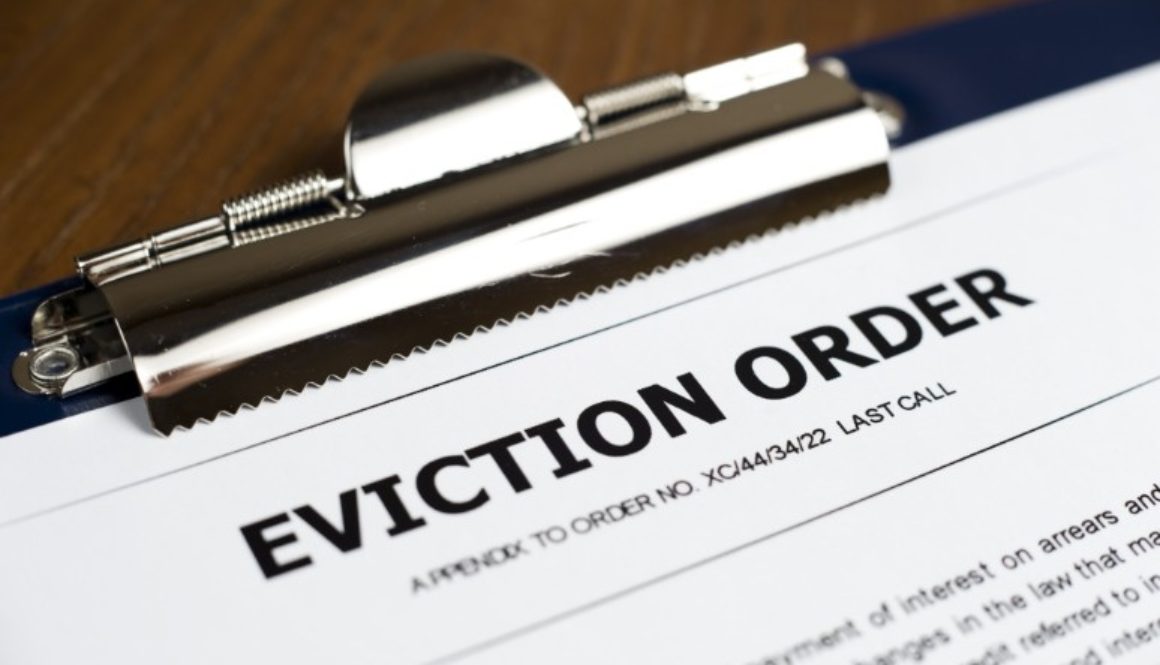Evicting A Non Paying Tenant In Florida
A landlord can evict a tenant for different reasons in Florida but the landlord needs to terminate the tenancy before taking this step. The tenancy can be terminated by giving the tenant written notice in line with state law. An eviction lawsuit can be filed provided the tenant ignores the written notice.
Some specific requirements are laid down by Florida law to guide landlords in ending a tenancy. Different types of notices need to be deployed for different situations. This article sheds light on what landlords need to know about evicting non-paying tenants in Florida.
Notice for Termination with Cause
A landlord must give the tenant a written notice before terminating the tenancy. The reason behind the termination will determine the type of notice that will be issued to the tenant.
- 3-Day Notice To Pay Rent Or Quit
The landlord can give the tenant a 3-day notice to either pay or quit if the tenant doesn’t pay rent. The notice must clearly state that the tenant has three days to pay the rent or leave the rental unit. The notice must also inform the tenant about the consequence of ignoring the notice (which is the termination of the tenancy).
If the tenant fails to pay or quit, then the landlord can file an eviction lawsuit after the expiration of the three days (in this case, it must be working days).
- 7-Day Notice To Cure
In case the tenant violates the rental agreement, then the landlord can issue a 7-day notice that will help the tenant to cure the violation (if it can be cured). The notice must inform the tenant that he or she has seven days to comply with the agreement and that failure to do so will lead to the termination of the tenancy. The landlord can file an eviction lawsuit with the court if the tenant fails to cure the violation within seven days.
- 7-Day Unconditional Quit Notice
This form of notice enables the landlord to terminate the tenancy after the expiration of 7 days and evict the tenant without giving the tenant time to cure a violation. This form of notice informs the tenant that he or she must quit the premises within 7 days; failure to do so will make the landlord go ahead with an eviction lawsuit against the tenant.
Notice for Termination without Cause
- Month-To-Month Rental Agreement
If a landlord wants to terminate an existing month-to-month rental agreement, then the landlord can issue a 15-day written notice. The notice will inform the tenant that the tenancy will end in 15 days and that he or she must vacate the rental premises by that time.
- Fixed-Term Lease
If there is an existing tenancy for a fixed term, the landlord needs to wait until the term ends before terminating the tenancy without cause.
Conclusion
As a landlord, you need to abide by the rules and procedures laid down by Florida law while evicting a non-paying tenant. Failure to do this may make the eviction invalid. Abiding by Florida law (as touching eviction) will make evictions to be justified and also give the tenant meaningful time to find an alternative place to live. If you are looking for a property management company to help you manage your home or commercial space, contact us for more information.

